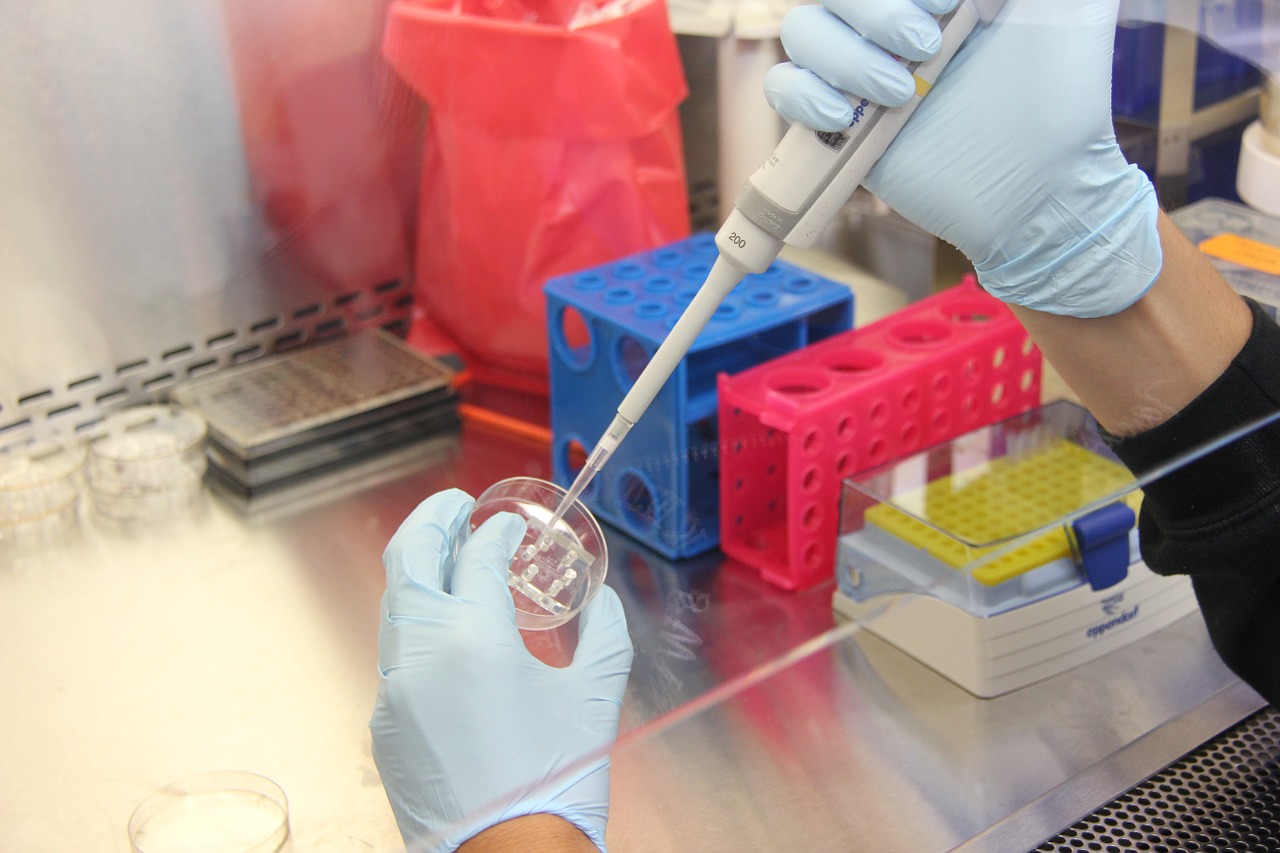Student donates kidney to make himself more competitive for undergrad research program
Last week, pre-med junior James Nephron was in the middle of his MCB 102 midterm when he realized that the year was almost over and he had yet to participate in undergraduate research. Nephron was so shocked he almost dropped the cup of C8H10N4O2 he had been drinking from. Undergraduate research is crucial for convincing medical schools that the applicants are well rounded and have skills beyond partying at Pre-Med fraternities and filling in scantrons.
After his midterm, Nephron analyzed his schedule to see when he would have free time to do research. But between his four MCB upper divs, volunteering at Oakland hospital, holding a part-time job, and being president of his pre-med club, Nephron realized that he only had 23 minutes of free time in between everything– 18 minutes if he decided to start showering more than once a week.
According to a Google Survey that random people on Facebook decided to fill out, the average MCB student emails 84 Professors before receiving a response that corresponds with the chemical symbol for Nitrogen Monoxide. Research positions are so hard to come by that Steph Curry stands a higher chance of beating Kobe’s record than a MCB student’s chances of getting a research position in a lab.[pullquote]Research positions are so hard to come by that Steph Curry stands a higher chance of beating Kobe’s record than a MCB student’s chances of getting a research position in a lab. [/pullquote]
Nephron decided to set himself apart from the pack by donating one of his organs to a lab that specialized in the effects of toxic chemicals in the urinary system led by Dr. Eigan from the biology department. He settled for donating one of his kidneys since they had already been damaged by his excessive drinking and had hopes that scientists would figure out a way to regrow them by the time his remaining one started to malfunction.
Dr. Eigan stated that his lab usually only conducted experiments in rats, so he was excited that to finally be able to experiment with a human sample mainly because he will have more freedom to perform experiments without worrying about animal rights protesters occupying his lab.
“Here at Berkeley, many students drink to cope with the stress of school,” Dr. Eigan stated “Rather than helping to improve students health or find ways to relieve their stress, I’m interested in studying how to make student’s kidney’s more resilient so that we can stress them out with even more exams.” A grad student in his lab mentioned how he could also benefit from the findings of the study as he also participated frequently in this destructive behavior to cope with the stress of his PhD.
Telling our reporter that he was already behind, Nephron began to study for the MCAT immediately after regaining consciousness from his operation. When asked why he was so focused on getting into medical school Nephron stated that he had once been deeply passionate about medicine and it’s power to help people live longer and more fulfilling lives. He briefly reminisced about those times before resuming his studies in the hopes of someday taking on more than $400,000 in student loans in order to study in a med school for 8 years before working in a broken healthcare system.


Be the first to comment